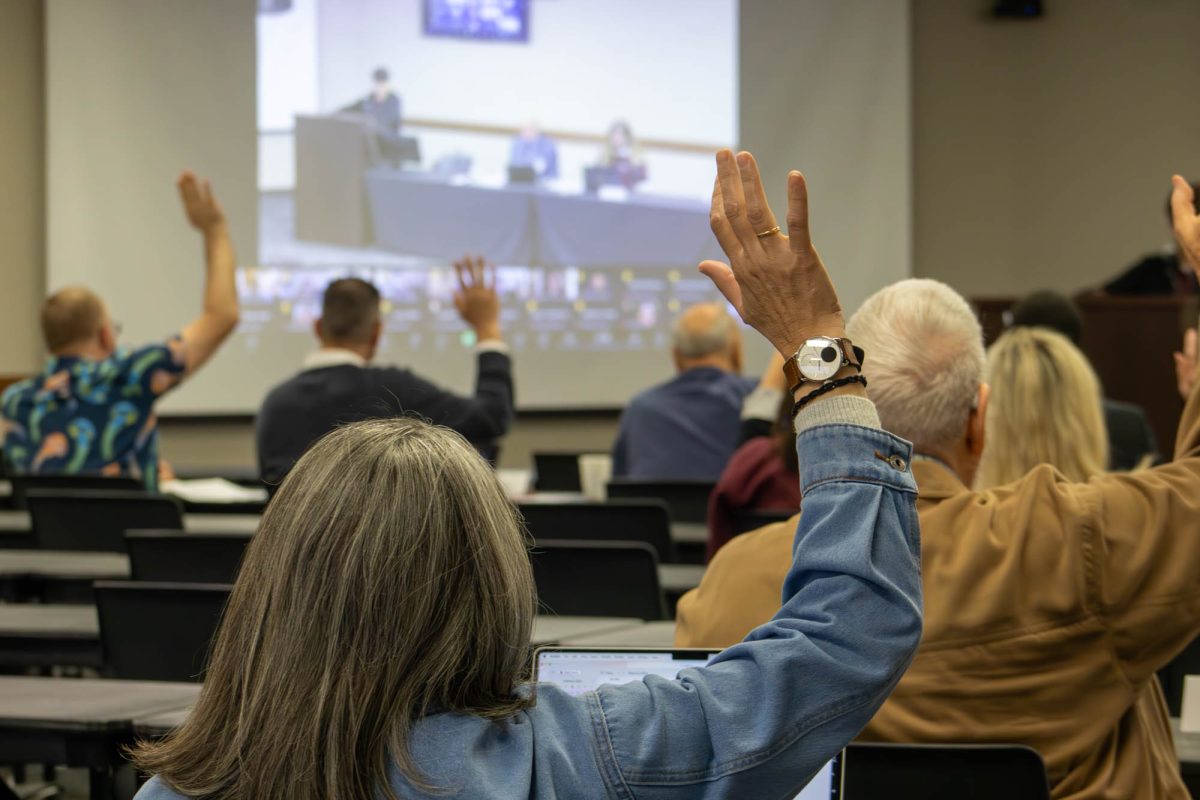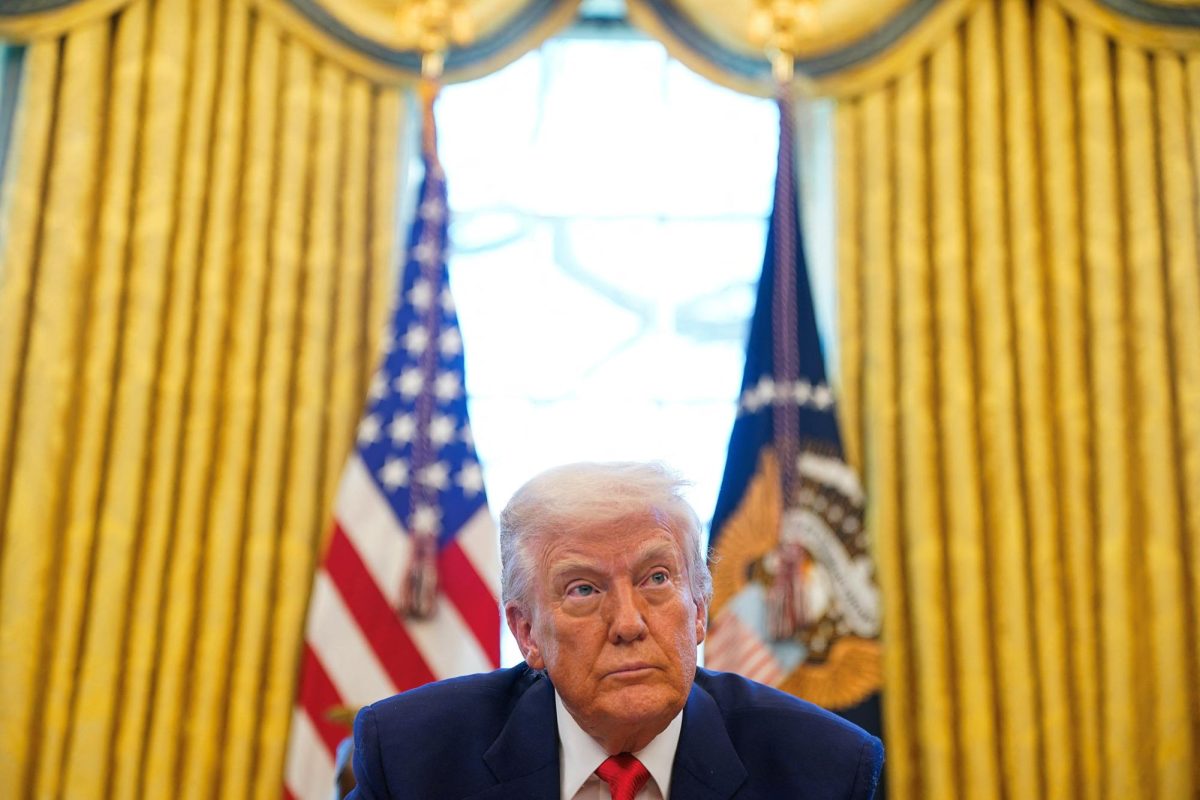The Department of Homeland Security announced the revocation of 532,000 migrants’ legal status on March 21. The order terminates the existing CHNV program, formally known as the Processes for Cubans, Haitians, Nicaraguans and Venezuelans, an immigration parole program created by former President Joe Biden’s administration in January 2023. The termination takes effect on April 24.
CHNV allowed migrants from these countries to live in the United States for two years. All beneficiaries of the program were required to pass a federal background check and have a sponsor — a United States citizen or lawful permanent resident — who agreed to financially support the migrant.
The termination comes as a result of President Trump’s Executive Order 14165, titled “Securing our Borders.” Section 7 of the order directs the Secretary of Homeland Security to take all necessary action, consistent with existing federal law, to “terminate all categorical parole programs that are contrary to the policies of the United States established in [the President’s] Executive Orders.”
In their 35-page notice, published on March 25 and authored by Secretary of Homeland Security Kristi Noem, the Department of Homeland Security, or DHS, outlined the Trump administration’s reasoning for the revocation and the agency’s current course of action.
The DHS cited four main rationales for terminating CHNV, claiming parole programs were unnecessary to achieve border security goals, inefficient at reducing the domestic effects of illegal immigration, inconsistent with the Trump administration’s foreign policy goals and did not significantly reduce existing immigration concerns.
“Parole is inherently temporary, and parole alone is not an underlying basis for obtaining any immigration status, nor does it constitute an admission to the United States,” Noem wrote. “ … These programs do not serve a significant public benefit, are not necessary to reduce levels of illegal immigration, did not sufficiently mitigate the domestic effects of illegal immigration, are not serving their intended purposes and are inconsistent with the Administration’s foreign policy goals.”
As concerns among legal status and Immigrations and Customs Enforcement, or ICE, grow, many students at Texas A&M express worries for their communities. General engineering freshman Ivan Frausto Jr., whose parents immigrated to the United States, says tensions have continued to rise in the face of ensuing immigration crackdowns.
“I’m fortunate enough to be in a situation where I don’t have to fear for my loved ones’ legal status and the repercussions they might face,” Frausto said. “I have a friend who’s enlisting with the U.S. military in the future in order to fix his parents’ legal status … I can’t imagine the anxiety he’s carrying, both currently with ICE and the future with the military.”
The DHS cited the Supreme Court case Department of Homeland Security v. Regents of the University of California as legal justification for the revocation of CHNV. In the case’s 5-4 decision, the Supreme Court blocked the Trump administration’s attempt to end the Deferred Action for Childhood Arrivals, or DACA, Act, ruling that the DHS failed to follow proper procedure and consider reliance interests, a legal term used to articulate what an individual stands to lose as a result of a specific action or policy.
In the notice, the DHS argues that the reliance interests of immigrants allowed entry to the U.S. under CHNV were lesser than those attributed to DACA recipients. Importantly, SCOTUS also ruled that these interests were not necessarily dispositive, meaning that the DHS has the authority to determine whether reliance interests outweigh other policy concerns.
“ … The reliance interests under the CHNV parole programs must take into account the express, discretionary terms of the parole program,” Noem wrote. “Accordingly, the reliance interests are outweighed by the U.S. government’s strong interest in promptly returning parolees when the basis for the underlying parole no longer exists.”
The revocation of CHNV was one of many executive orders relating to immigration signed on President Trump’s first day in office. As debates on the future of U.S. immigration grow, many argue for the prioritization of a much larger issue: determining how the U.S. can address internal challenges while remaining steadfast in the country’s commitment to asylum-seeking migrants under international law.
“I think the CHNV parole program had its merits: helping refugees legally — compared to them crossing illegally — and allowing them to play a positive role in the economy,” Frausto said. “Despite this, I think the U.S. should focus on domesticated issues first. … If the U.S. could improve America’s situation in those aspects, I think that they would be more open to others coming in when there’s enough to go around.”















